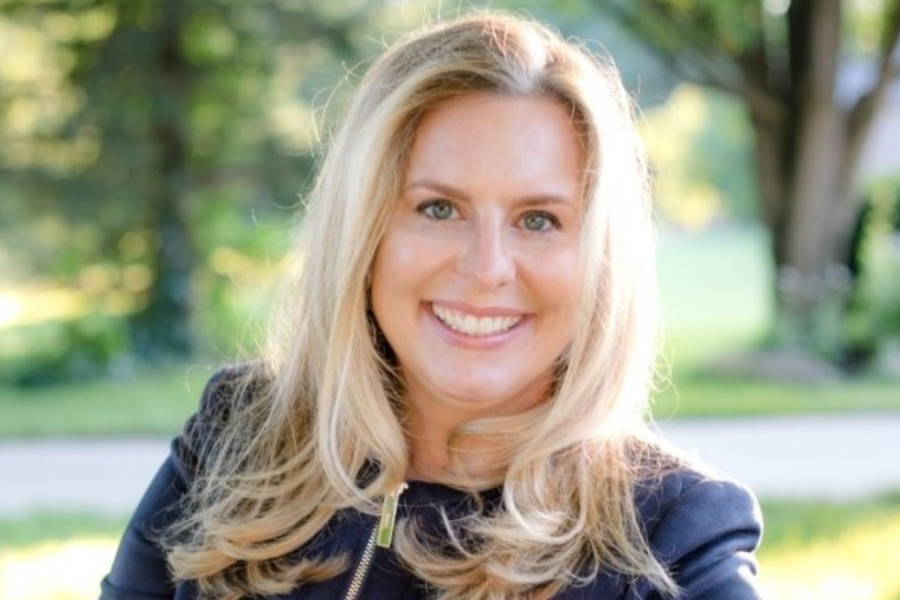

Legislation that would allow the use of funds from 529 college savings plans to finance education and training for professional designations — including financial advisor credentials — is attracting more support from lawmakers.
Just before Congress departed Washington last week for its summer recess — or district/state work period, as it’s also called — eight House members joined the bill as co-sponsors. Another House member signed onto the bill — the Freedom to Invest in Tomorrow’s Workforce Act — this week.
The new co-sponsors of the measure included eight Republicans and one Democrat, bringing the total number of cosponsors to 53, most of whom have joined the bill since the beginning of the summer. The legislation was introduced in March by Rep. Robert J. Wittman, R-Va., with Rep. Abigail Spanberger, D-Va., signing on as the original co-sponsor.
In March, Sen. Amy Klobuchar, D-Minn., introduced that chamber’s version of the bill, which has eight bipartisan cosponsors.
The burst of momentum in the House comes as the Financial Planning Association this week joined a coalition of more than 500 trade associations to support the bill.
“It’s bicameral and bipartisan, and that’s a nice thing to be part of,” said FPA CEO Patrick Mahoney. “We’ll see where it goes.”
The bill would expand the use of 529s to include covering the fees and expenses associated with acquiring or maintaining postsecondary credentials, according to a bill summary. For instance, that means money in a plan could be allocated to course work related to preparing to take the examination to become a certified financial planner.
As part of its campaign to build support for the bill, the FPA is encouraging its members to write letters to lawmakers. Over the past month, 376 FPA members have participated in the effort.
Julie Hall, a CFP at Vision Capital Partners in Ann Arbor, Michigan, wrote to her senators and House member. She’s the president-elect of the FPA Michigan chapter and has been advocacy director for the group since 2020.
The bill gives 529 investors more flexibility to use the vehicles to fund education related to credentials like the CFP, Hall said. For instance, if money is left over in a plan after a child has completed a college degree, the money can pay for course work and fees to prepare him or her to sit for the CFP exam.
In addition, Michigan residents who open a 529 account and put $5,000 into the vehicle as an individual or $10,000 as a married couple can reduce their state taxable income by that amount.
The goal is to add to the number of CFPs, Hall said. There are currently about 95,000 in the United States.
“The biggest impact is having more certified financial planers out there helping people make better decisions with their money,” she said.
Katherine Edwards, a CFP at Main Street Financial Planning, also is enthusiastic about the bill.
“If this were an option for me when I was getting my CFP certification I definitely would have utilized it,” Edwards wrote in an email. “Many of these licenses and credentials can be incredibly cost-prohibitive and this would be a great way to further remove some of the obstacles that stand in the way of a someone pursuing those licenses or credentials.”
T.J. Faber, a CFP at Blackbridge Financial, said the bill could boost the number of young people who enter the financial industry and any profession that requires credentialing.
"One of the biggest hurdles for new grads is the cost to get credentials, licenses or designations because some employers don't pay for it," Faber said. "Or if they do, you have to pay for it yourself and get reimbursed later," which may be difficult for someone just out of college on a tight budget.
The legislation has not yet been scheduled for a committee hearing in the House or Senate.

Relationships are key to our business but advisors are often slow to engage in specific activities designed to foster them.

Whichever path you go down, act now while you're still in control.

Pro-bitcoin professionals, however, say the cryptocurrency has ushered in change.

“LPL has evolved significantly over the last decade and still wants to scale up,” says one industry executive.

Survey findings from the Nationwide Retirement Institute offers pearls of planning wisdom from 60- to 65-year-olds, as well as insights into concerns.
Streamline your outreach with Aidentified's AI-driven solutions
This season’s market volatility: Positioning for rate relief, income growth and the AI rebound
